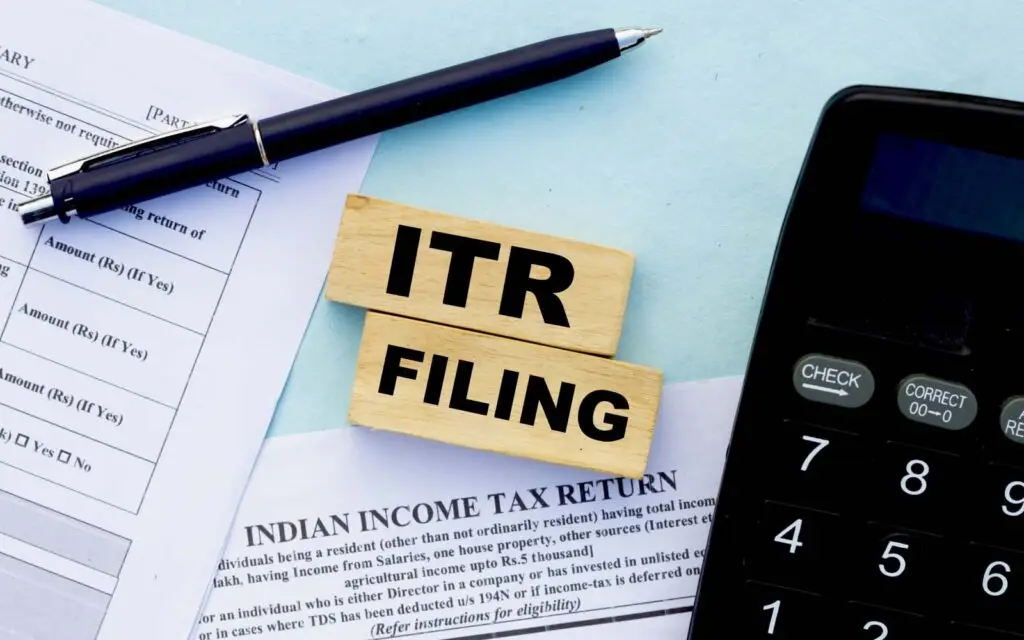1. ITR Filing Deadlines
- For Individuals (Non-Audit Cases):
July 31, 2024 – Applicable to salaried individuals, pensioners, and other taxpayers not requiring an audit. - For Taxpayers Requiring Audit:
October 31, 2024 – For businesses, professionals, and entities whose accounts need to be audited under the Income Tax Act. - For Companies and Transfer Pricing Cases:
November 30, 2024 – For taxpayers involved in international transactions or specified domestic transactions.
2. Belated and Revised ITR Deadline
- If you miss the initial deadline, a belated return can be filed by December 31, 2024, but with applicable penalties.
- You can revise a previously filed ITR until March 31, 2025, to correct any errors.
3. Penalty for Missing the Deadline
- Late Filing Fees (Section 234F):
- ₹1,000 if total income is below ₹5,00,000.
- ₹5,000 if total income exceeds ₹5,00,000.
- No penalty if income is below the basic exemption limit.
- Interest on Tax Payable (Section 234A):
Interest at 1% per month or part thereof is charged on the outstanding tax liability.
4. Key Implications of Missing the Deadline
- Inability to carry forward certain losses, such as business or capital losses.
- Late filing may delay tax refunds.
- Higher scrutiny and chances of receiving notices from the Income Tax Department.
5. Why File Before the Deadline?
- Avoid late filing fees and interest charges.
- Faster processing of tax refunds.
- Peace of mind and clean compliance history for future financial dealings (like loans or visas).
6. How to File ITR?
- Log in to the official e-filing portal: www.incometax.gov.in.
- Select the appropriate ITR form based on your income source.
- Enter income, deductions, and taxes paid details.
- Verify and submit the ITR online.
- Download the ITR-V acknowledgment for your records.
Conclusion
Meeting the ITR filing deadline is crucial to avoid penalties, interest charges, and legal consequences. Start early, ensure accuracy, and file on time to enjoy hassle-free tax compliance!



